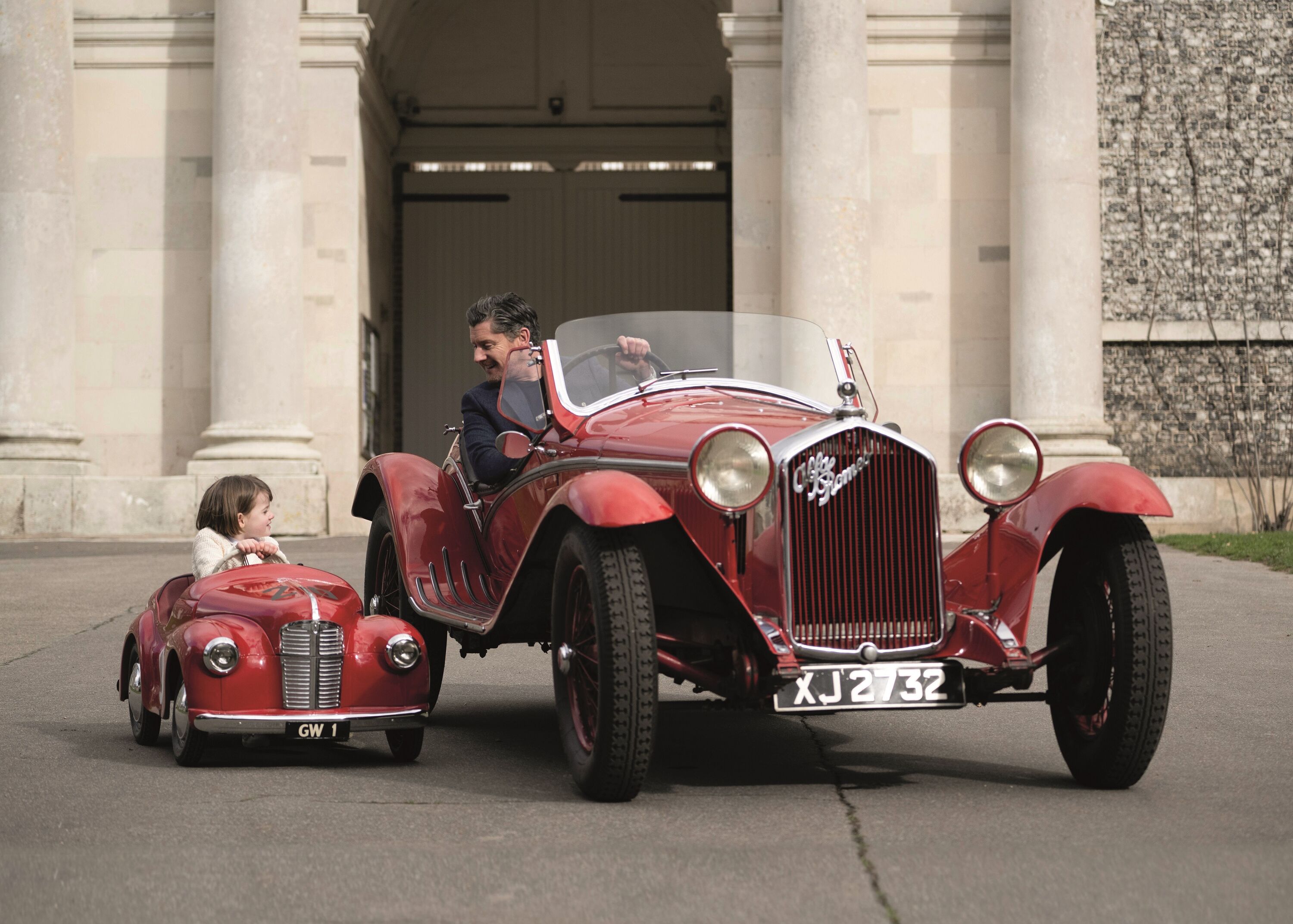Four motorsport events that were cancelled because of bad weather
Following devastating bushfires across the Australian State of New South Wales, the organisers of Rally Australia have made the decision to cancel the event. While for a time it looked like the rally might still have gone ahead, with reducing running hours and a much shorter route, the “best interests and safety of everyone involved” had to be put first, according to the event’s chairman Andrew Papadopoulos.
This isn’t the first time, however, that Mother Nature has forced event organisers to pull the plug, both in an attempt to protect the spectators and competitors but also out of respect for the local residents. Here are four examples where, ultimately, the weather has won.

1985 Nürburgring F3000
1985 saw the introduction of a new category of single seater motorsport: Formula 3000. Replacing Formula 2, it featured drivers like Emanuele Pirro, Ivan Capelli and Roberto Moreno, all knocking on the door of Formula 1.
The fourth round saw teams, drivers and spectators descend on the Nürburgring, with New Zealander Mike Thackwell putting his Ralt RB20 in pole position. Come race day, however, the snow had descended, and after drivers started snowball fights on the grid the race was quite sensibly cancelled.
1991 Australian Grand Prix
As the final race of the 1991 Formula 1 season, the Australian Grand Prix in Adelaide wasn’t cancelled outright, but heavy rain made it the shortest race in F1 history. With the newly-crowned world champion Ayrton Senna starting from pole position (his once-team-mate Alain Prost absent having been fired by Ferrari for likening the Ferrari 643 to a truck), a number of cars crashed out, littering the sodden circuit with debris. Even the championship’s runner up Nigel Mansell hit the wall whilst in second place, immediately retiring the car. Ayrton Senna began waving from his McLaren MP4/6 for the race to end, and sure enough the action was red flagged on lap 16. The result was then counted back from lap 14, meaning Mansell kept his podium position, with Senna finishing in first position and team-mate Gerhard Berger coming home in third.

1979 Race of Champions, Brands Hatch
The UK is well known for its hard to predict weather and from time to time the conditions can get very, very serious indeed. In March 1979, six inches of snow covered Brands Hatch, Kent, forcing the postponement of that year’s Race of Champions, at the time a non-championship Formula 1 race rather than the ‘identical cars, famous drivers’ globetrotting event it has become today. Before everyone headed home, however, Colin Chapman went ahead with his planned launch of the Martini-liveried Lotus 80 – why waste a good photo opportunity? The race was, ultimately, moved to April.
2018 Silverstone MotoGP
Ahead of the British MotoGP weekend at Silverstone in 2018, the entire track had been resurfaced for the first time since 1996. Unfortunately, the track deteriorated in the five months between the track re-opening and the MotoGP action, with new lumps and bumps appearing pretty much everywhere. Heavy rain at Silverstone meant that the level of standing water proved treacherous, and so the riders and event organisers had no choice but to cancel the weekend. Race Director Mike Webb said at the time: “We have reached the point where even though the rain is getting less, the circuit is still not in a condition where we can safely run races… unfortunately, we couldn’t battle nature.”
1965 12 Hours of Sebring – a notable mention
While this one wasn’t actually cancelled, if the same weather descended on Sebring in the present day you can bet your bottom dollar the event would be called off.
While the 50,000 spectators were treated to temperatures of 32 degrees centigrade for the race start, with the track reaching a toasty 54 degrees centigrade, heavy rain in the later stages of the 1965 12 Hours of Sebring saw six inches of standing water along the pit straight, with drivers reporting that the water was up to their elbows. Legend has it that Phil Hill, behind the wheel of a Cobra Daytona Coupé, stopped twice in one lap to let the water out of the cockpit.
Even with big-bore prototypes taking 10 minutes to finish a lap, seven more than usual, and with several big shunts (the Bizzarrini Iso Grifo of Mike Gammino split in half following a crash, but Gammino miraculously walked away) the race continued to the chequered flag, where Jim Hall and Hap Sharp took the win in a Chaparral 2A.
Photos courtesy of Motorsport Images.
F3000
Formula 1
Race of Champions
MotoGP
Sebring
Sebring 12 Hour
WRC





